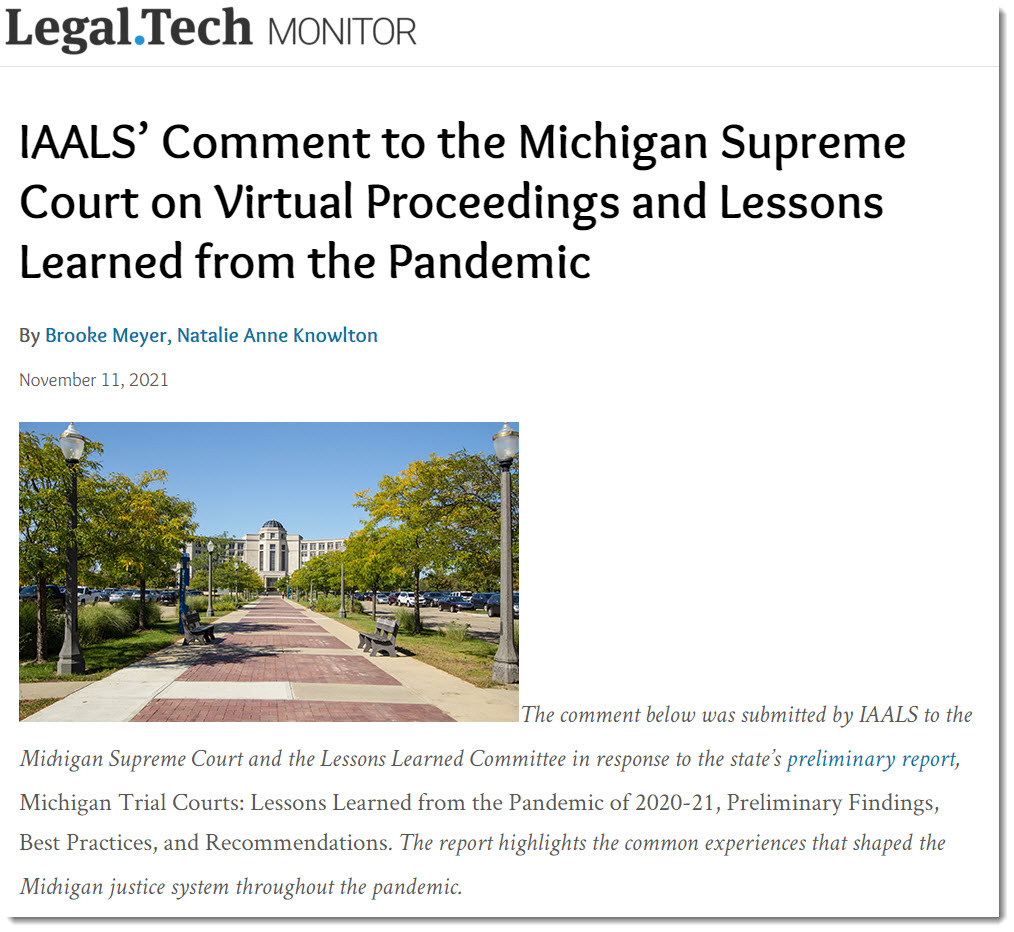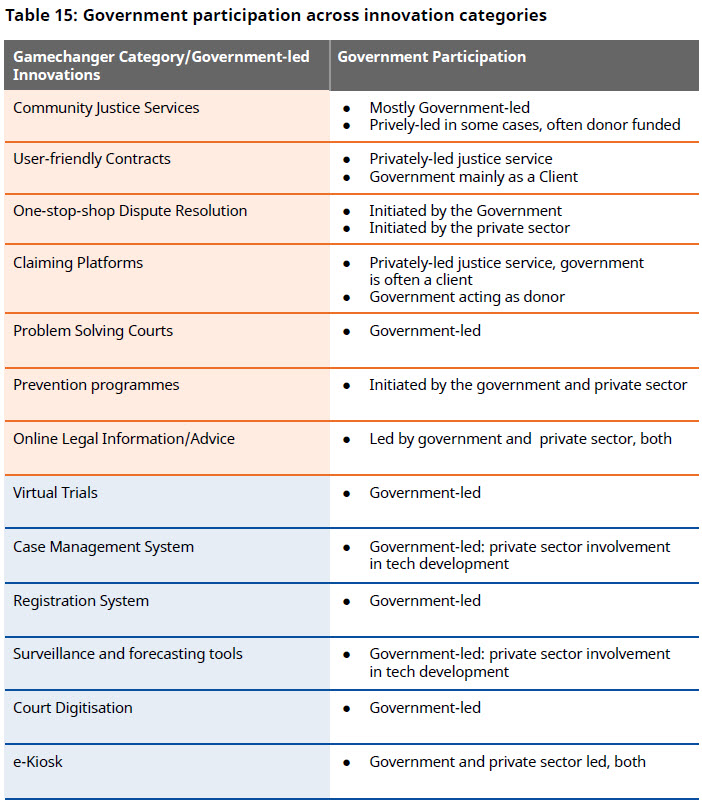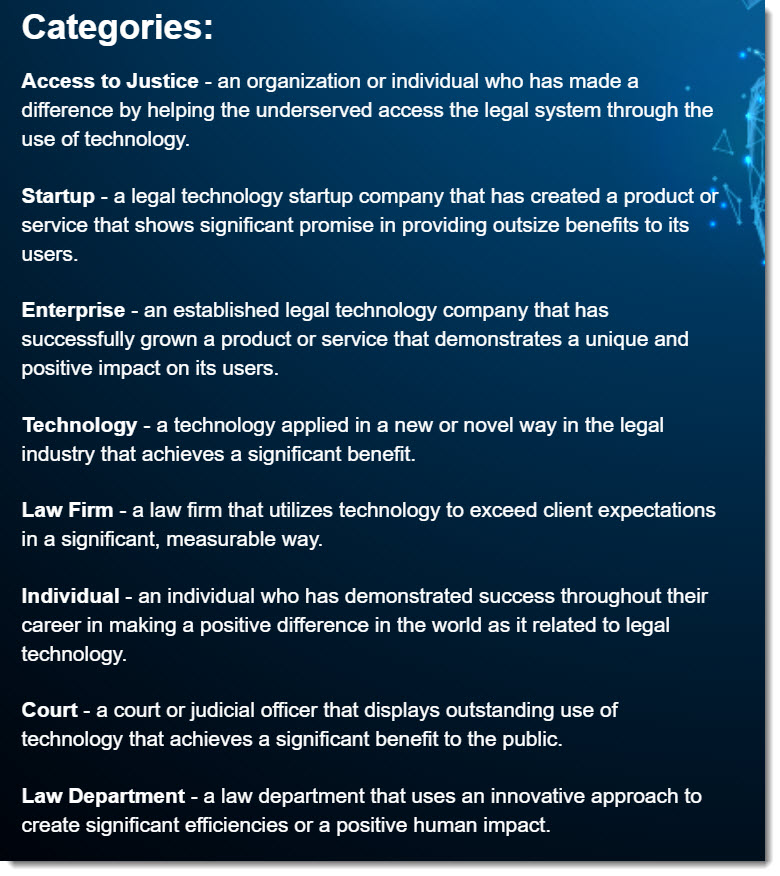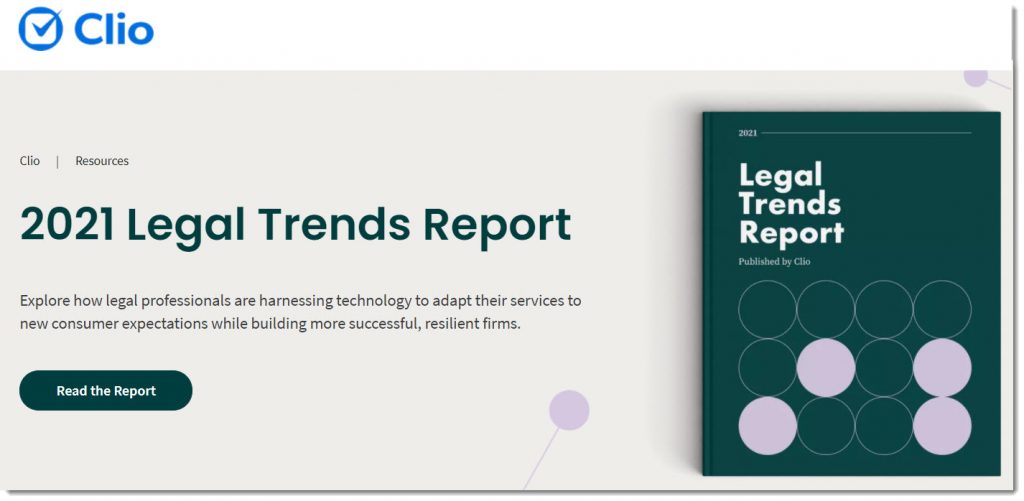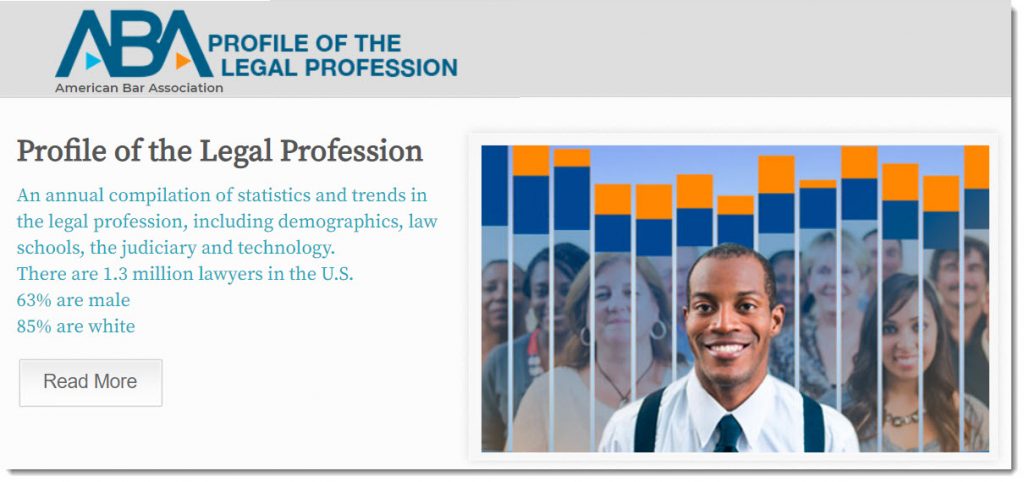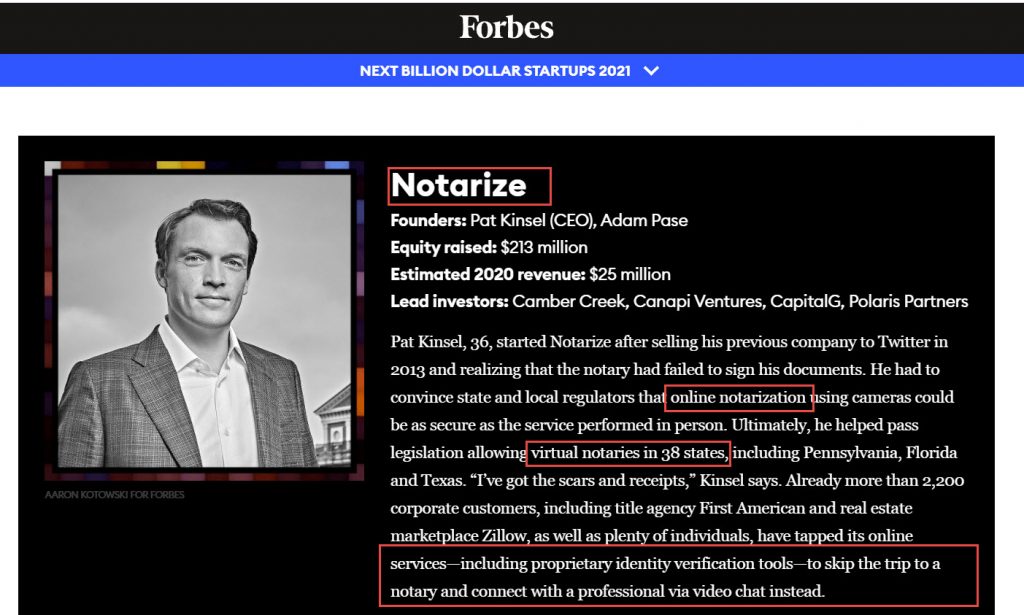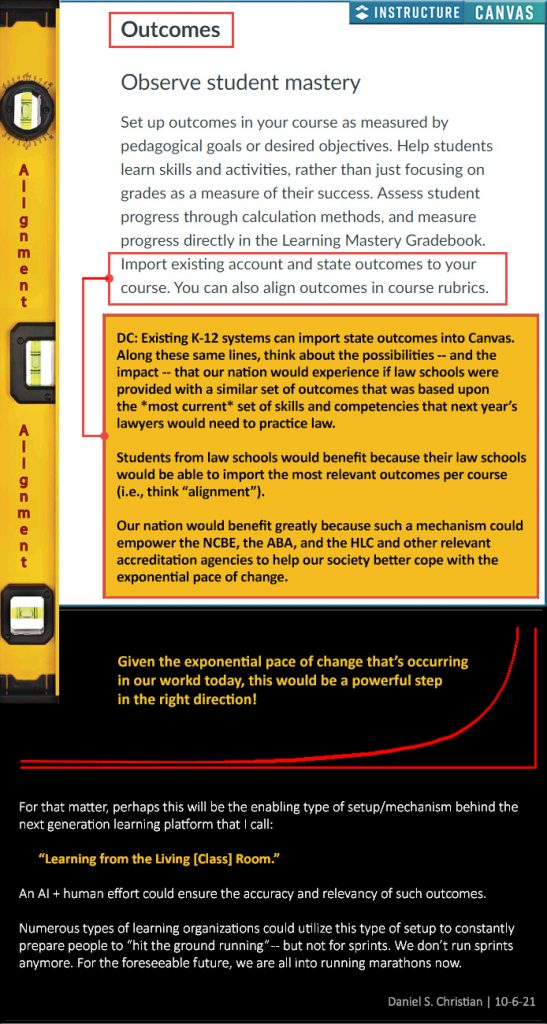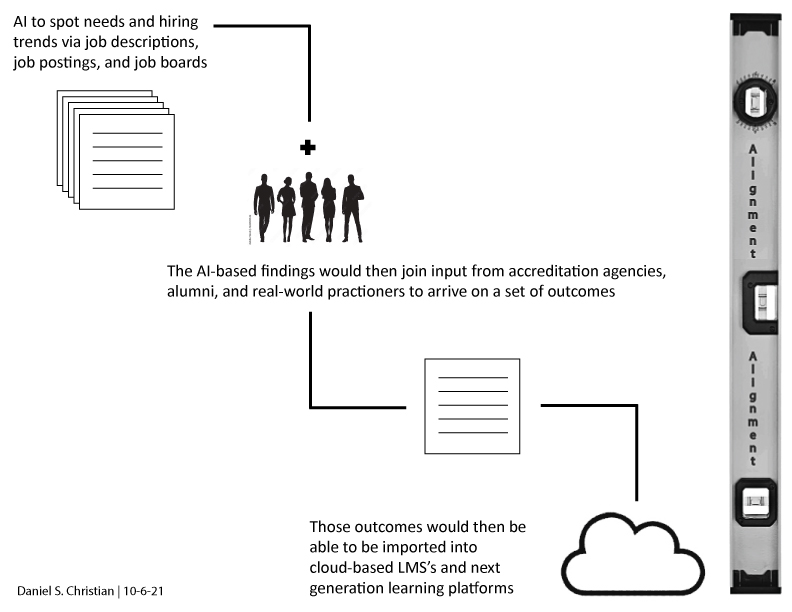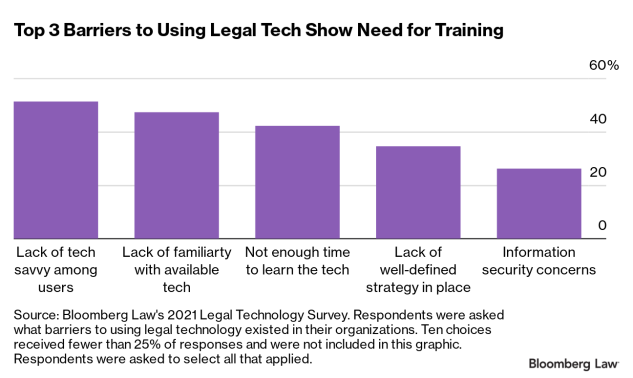Fastcase Unveils NextChapter Docs Form Preparation, Client Management Tools, and Workflow Tools for All Practice Areas — from legaltechmonitor.com by Jaime Houssami
Excerpt:
To that end, NextChapter is soon releasing a Forms Exchange, where seasoned attorneys can upload their form templates to the marketplace for other attorneys to purchase for their own use. “Providing access to pre-built forms designed by subject matter experts will be useful for many of the solo and small firm practitioners,” said NextChapter’s first Forms attorney author Carolyn Elefant.
TechReport 2021: Websites & Marketing — from lawtechnologytoday.org by Allison C. Johs
Excerpt:
The COVID-19 pandemic brought changes to the practice of law–many of which were overdue–including virtual meetings and client conferences, remote document signings, court appearances by Zoom and Microsoft Teams, and more. But according to the ABA Legal Technology Resource Center’s 2021 Legal Technology Survey Report results on the use of technology in the legal profession, there is still work to be done.
Linklaters launches virtual global business teams internship — from legaltechnology.com by Caroline Hill
Excerpt:
While most law firm internships are focussed exclusively on attracting future lawyers, magic circle law firm Linklaters has launched a virtual global business teams internship programme aimed at 16- to 18-year-old students. The new internship, which will be welcomed by many for shining a light on the key functions that enable a law firm to run and succeed, will help interns to become aware of the wide range of career options available at Linklaters.
Linklaters Internships For 16-18 Year Olds To Cover Legal Ops + Tech — from artificiallawyer.com









